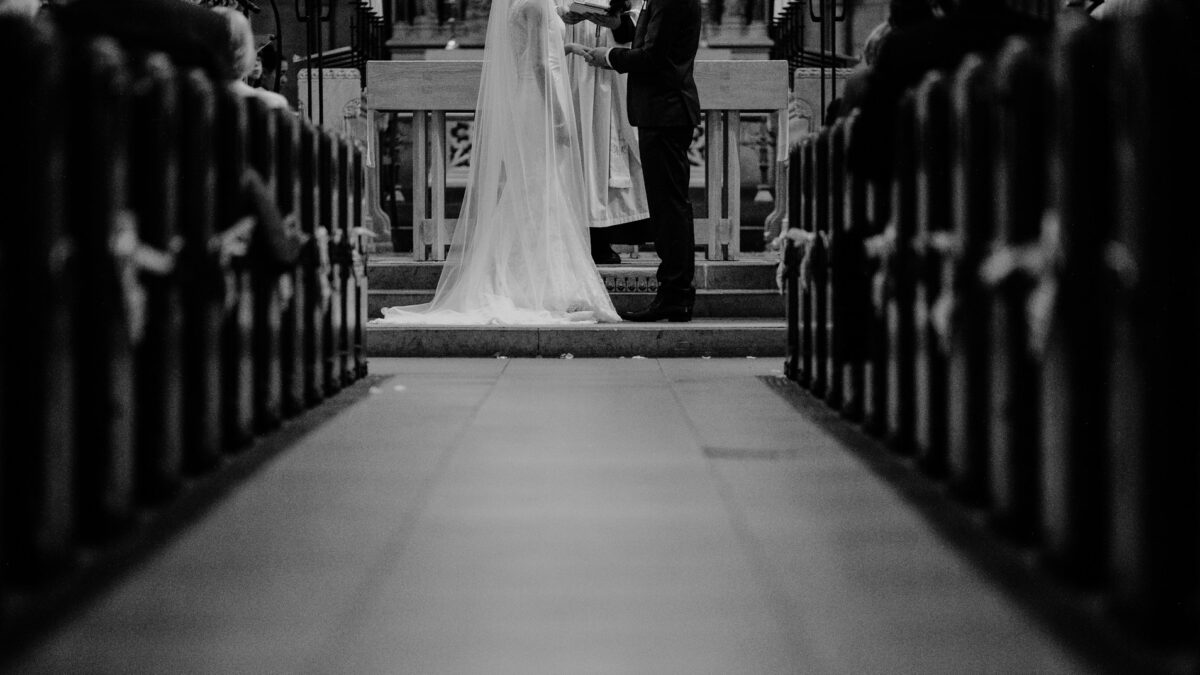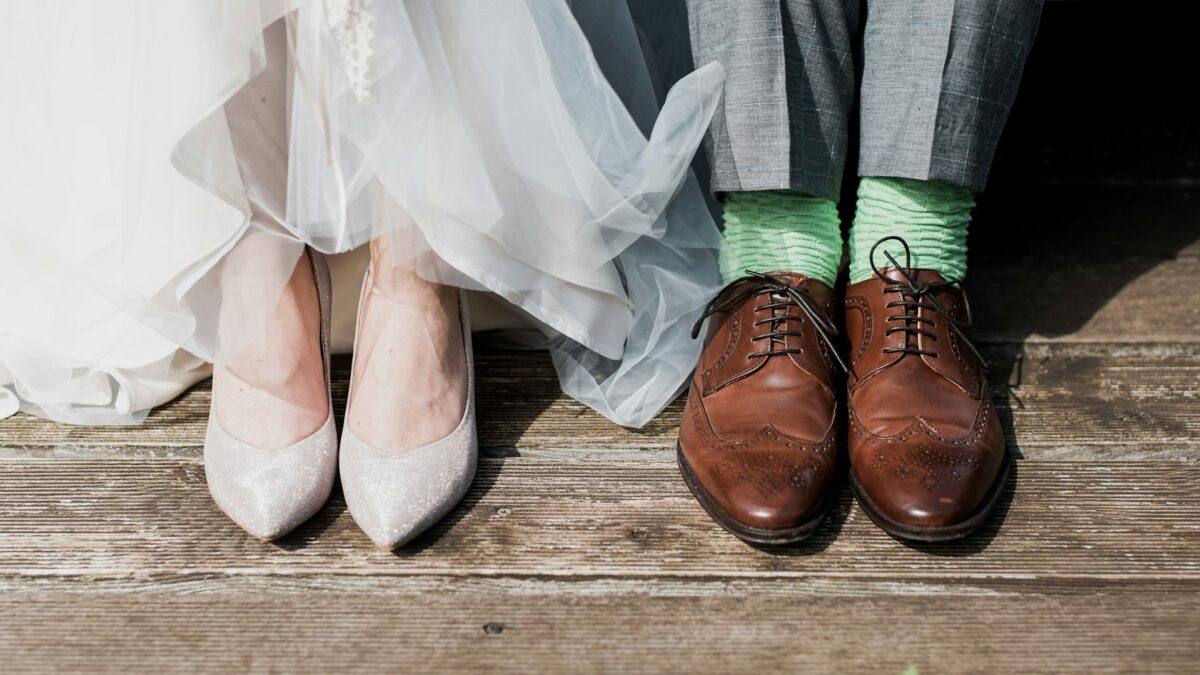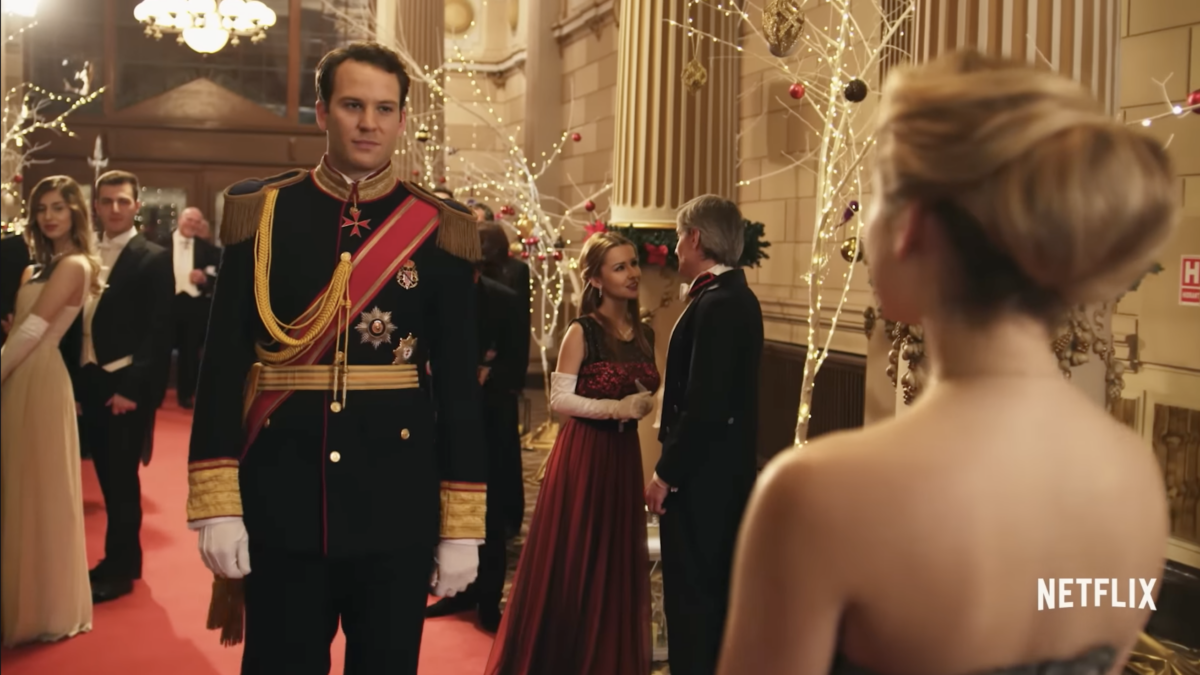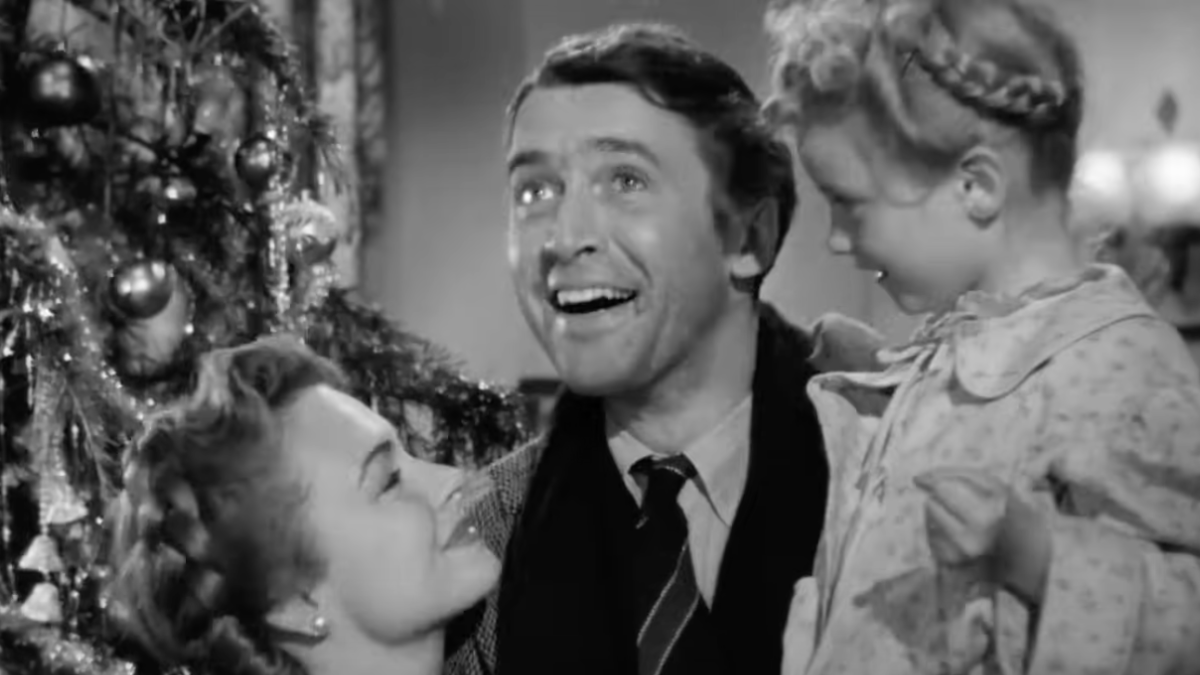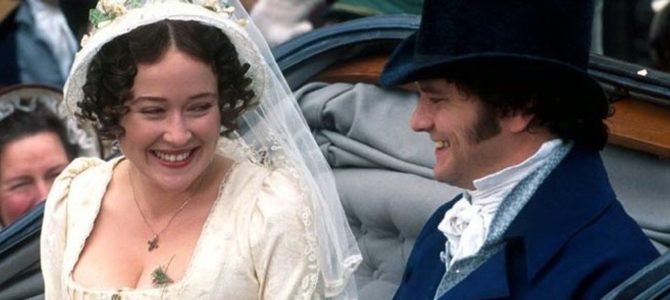
Young people are abandoning the Sexual Revolution for monogamy, and feminism for traditional gender roles. Can we go ahead and declare the triumphant return of Jane Austen-style happily ever after?
In the bicentenary month of Jane Austen’s death, the Institute for Family Studies reported that even though rates of extramarital sex are holding steady in the American population at large, that fact masks an interesting phenomenon. Apparently the ever-more frantic shenanigans of the insatiable Baby Boomers are being balanced out by younger people’s rejection of adultery.
That’s data. And then there are anecdotes.
When people roll their eyes about millennials, I always say the young people I know are solid citizens—gainfully employed, stepping up to serve their country in the military (inspired by earliest memories of 9/11), and marrying surprisingly early. Admittedly I’m judging by a very unrepresentative sample. As it happens, most of the twenty-somethings I know were homeschooled, or they’re recent Virginia Military Institute graduates, or they teach at the intensely Catholic school where my husband works, or else they’re go-getters with jobs in conservative publishing.
But even in reports from the remoter circles of my acquaintance, I’m hearing stories of kids who are shocking their families by insisting on marrying straight out of college—or even high school.
Are Young People Turning Back Toward Marriage?
The upper middle class was always supposed to be protected from the “retreat from marriage” that Brad Wilcox’s National Marriage Project at the University of Virginia has been documenting. But the young people I know are not following the Blue State Model of family formation—your parents send you to the doctor to go on the Pill once you get your first period and shepherd you safely through an elite education and career launch until you marry in your thirties and form a dual-income family with two children. No, they’re marrying in their early twenties and starting families right away.
In pursuit of some statistical confirmation of a return to traditional marriage, I talked to sociologists Mark Regnerus of the University of Texas and Paul Sullins of Catholic University. Regnerus confirmed that “the skepticism toward extramarital sex among millennials is notable. It’s in keeping with their high standards for marriage.” But he hasn’t seen any reverse in the long-term trend toward later marriage.
Sullins pointed out, “It would be too early to say as a matter of quantitative sociology.” As he explained, “We don’t typically look at data that would reveal trends like that for a few years.” But he called it “a good hypothesis”—though less for the millennials than for the even younger Generation Z, because “we know they’re more traditional in other ways.” Sullins did warn that my observations might be wishful thinking.
Millennials Are Sympathetic to Traditional Gender Roles
What’s clearly not wishful thinking—in fact Kei Kawashima-Ginsberg, Joanna Pepin, David Cotter, the authors of the studies, are not at all pleased by their findings—is the news that only a small minority of millennial voters are feminists, and that, reversing a long-term trend, millennials are more likely than their elders to believe that men and women are “inherently” suited to particular tasks involved in family life.
While folks who think our gender revolution still hasn’t gone far enough may deplore these findings as a retreat from “equality,” those of us who appreciate the unique contributions of masculinity and femininity to human flourishing will be cheering young people on in their rediscovery of “la différence” that makes possible the happy ending of every Jane Austen novel.
We’re used to devolutionary trends in our culture—from Sexual Revolution to Divorce Revolution to Cohabitation Revolution, from Ella to Elvis to Eminem. But it doesn’t have to be turtles all the way down. Not all eras are eras of social decline.
Sometimes, instead of a revolution, people are engaged in a societal construction project. That’s one lesson we can take from the works of Austen, the beloved novelist whose career was cut off by her premature death 200 years ago. “Pride and Prejudice,” and novels of manners in general, were part of an ambitious cultural building project—an effort to refine manners and reform morals and generally improve the condition of the human race.
Jane Austen’s Heroines Upheld Norms Despite Their Elders
Austen’s heroines don’t rebel against stifling conventions and the constraints imposed by their parents. They assert healthy, normative principles in the face of the older generation’s irresponsibility, folly, and vice. Elizabeth Bennett tries in vain to persuade her father to exert his paternal authority to curb her sister Lydia’s self-destructive pursuit of male attention at any cost. Fanny Price resists her mercenary uncle’s attempt pressure her into marriage with a man whose principles she condemns. The clever, heartless Lady Susan represents the past, while her innocent, principled, intelligent daughter Frederica represents the future.
In contrast to her cynical elders, an Austen heroine is idealistic. But her idealism isn’t 1960s-style revolutionary fervor. It isn’t about tearing down barriers—it isn’t about politics at all. It’s about building a happy, useful, and admirable life on the principles of personal responsibility and the value of love and family.
A line describing one family in Austen’s last, posthumously published novel “Persuasion” seems applicable to our younger generations’ possible rediscovery of the principles that underpin her happy endings: “The Musgroves, like their houses, were in a state of alteration, perhaps of improvement.”


